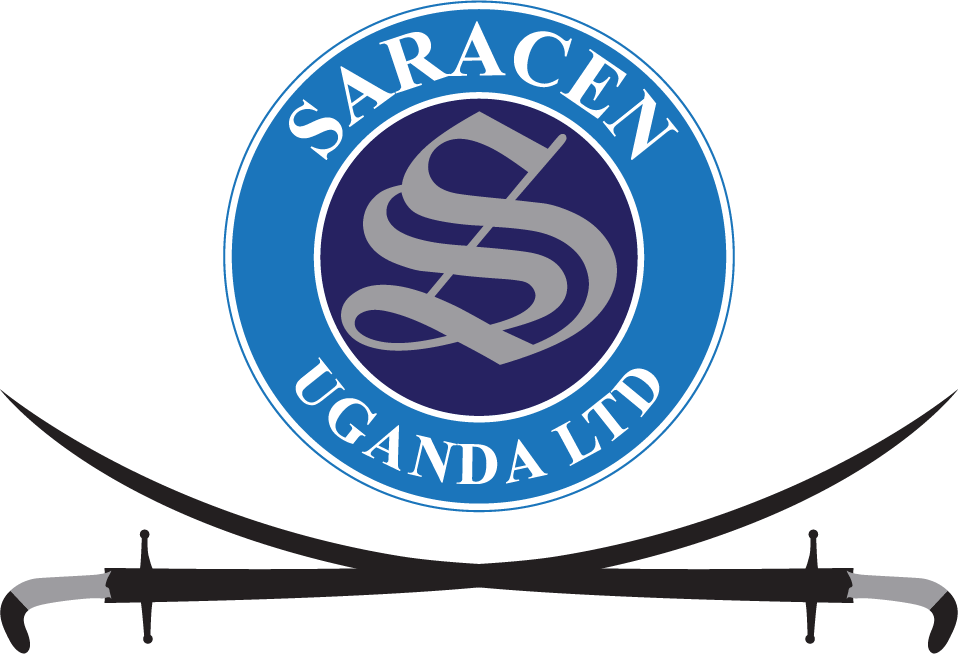Introduction
The main differences between guards and officers is that guards don’t want to do anything more than they need to. Yes, both guard the lives and property of the company and clients, but they also do much more than that.
The term officer better reflects the responsibilities and professionalism required in the security industry today.
So, what do you have to do to become an officer?
The answer is simple: It is all up to you to want to change and act like an officer, not a guard.
Education
Good officers don’t need to have a bachelor’s degree, or any secondary experience.
Even if the individual is only a primary school leaver, he or she can be an excellent security officer. The key is that you enjoy learning and never stop.
A Spirit of Learning
Officers endeavor to know what’s going on within the company and the industry.
You are encouraged to read about a variety of topics and ask questions. For example; If you are in a plastics factory, read or ask about the plastics and manufacturing industries. If you’re contracted, officers must know the client’s business and how it works, even if they are just short term.
The Best Training Happens on The Job
Just because you have completed the required hours of training or seminars, it’s not even close to being enough for training.
The difference between classroom training and on-the-job training (OJT) is one of the biggest aspects of becoming a professional security officer as it shows officers the ins and outs of their specific deployment.
If officers pay close enough attention to OJT and allow themselves to become ‘lost’ in their new deployment, then they’ll become intimately aware of most anything that occurs in it, both day and night.
Part of an officer’s education is learning to understand every single inch of the deployment. Check and report on all the dark corners, doors, broken windows, storage areas, etc. By learning these things, wandering around, and even getting lost in the facility at first, will help your become familiar with every part of it. By doing so, you’ll be able to detect anything wrong and correctly report its location, sound, condition, and so on.
Testing
While training is the first step, testing comes immediately after.
Testing will help you know whether you learned and retained what you were taught and establishes clear expectations and makes it easier to correct issues in the future.
Whether you’re training is in the classroom, on the job (OJT), or just a yearly refresher course, you should have written tests with essay questions which force you to think out your answer and express it in your own words, proving your understanding of the concepts.
Informal oral tests can also be useful. Whether an officer is in the office or on a random deployment inspection, ask questions about the assignment and answer in as much detail as possible. This demonstrates an understanding and polishes communication skills, another key quality that a professional officer needs to have.
Both kinds of tests will keep an officer on their toes and learning about their assignment. Additionally, preparing for these tests will keep them up-to-date on their deployments, client needs, and developments within the company and the industry.
Field supervision
An officer asks questions about the deployment, deployment orders, and anything they think could be improved and are receptive to feedback during inspections.
Officers should see inspections as an opportunity to learn and grow since this is the time to pass along knowledge and experiences.
Go Above and Beyond
Officers are encouraged to go beyond what most people would expect, or possibly even consider reasonable.
They are constantly aware of their surroundings and following up on any potential threat, almost to the point of being paranoid.
Does that mean call another officer, supervisor, or the police every time they hear a sound? Of course not. What it means is that they take nothing for granted. If they hear a noise in a dark facility, no matter what kind, then inspect it. It might just be a rat or mouse, but it could also be a criminal breaking into the facility to cause who knows what kind of havoc.
Officers are expected to show the same level of professionalism in their interactions with customers as well.
There is so much more to customer service than smiling and being respectful. It includes items such as being friendly, knowing the facility, and being aware of who is in charge so they can contact them right away about any issues.
Excellence is not an act but a habit
For officers to become excellent at customer service, you need to have regular habits of efficiency, professionalism, and communication.
This is the one area that everyone in security needs to work harder at. It’s not just “smile training”, but instead requires officers to be firm but polite and familiar to the needs of customers.
Conclusion
No one reaches a level of expertise in security by sitting around and doing nothing, It takes a lot of hard work to gain the knowledge and effective habits to live up to the name.
We encourage officers to constantly be learning and improving.
Saracen Uganda Management
